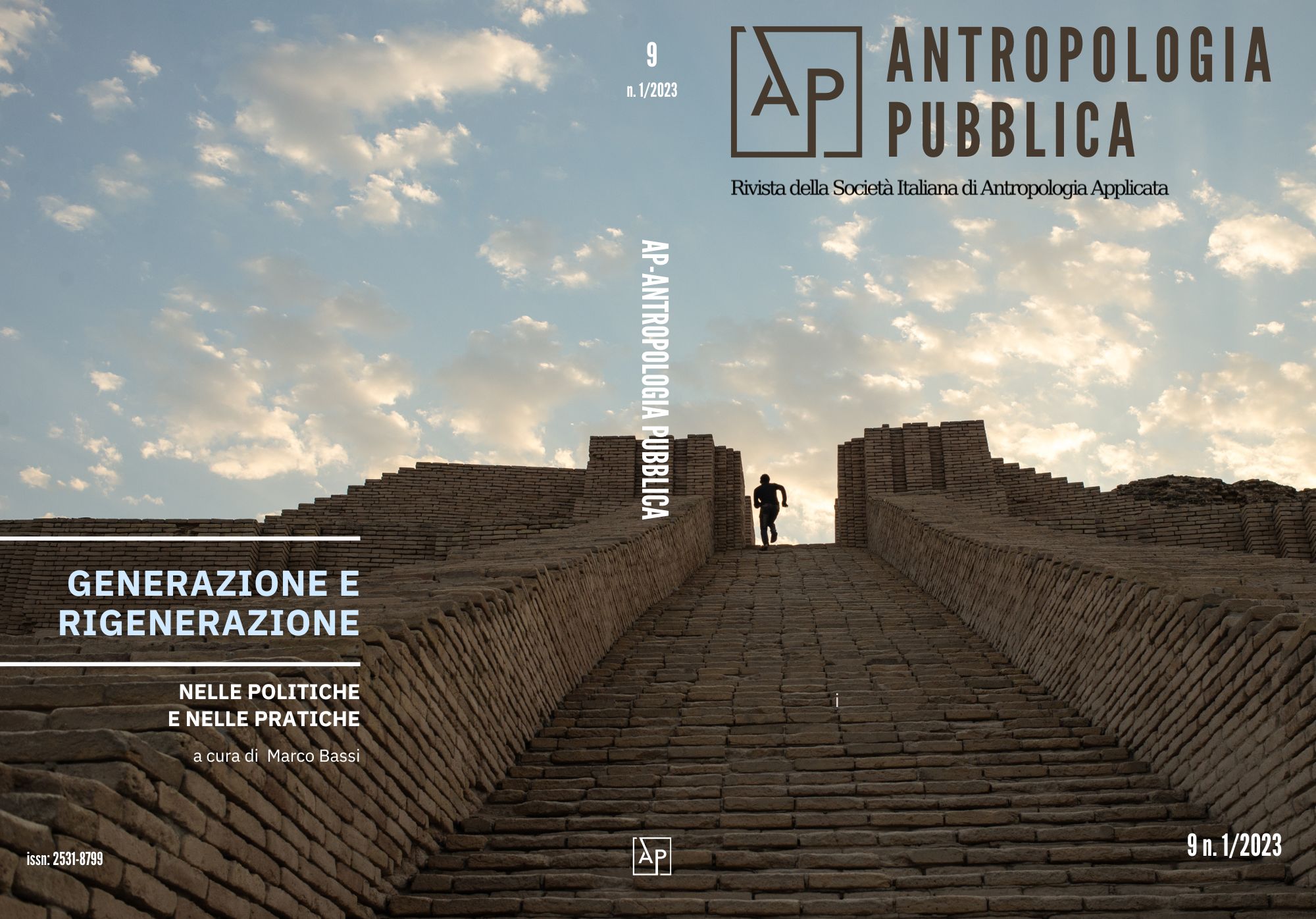The role of the Gadaa generational system of the Oromo in conflict resolution and peace building. An account of a research implemented in Western Guji, Ethiopia
DOI:
https://doi.org/10.1473/anpub.v9i1.299Parole chiave:
gadaa, conflict resolution, generational class system, Oromo, EthiopiaAbstract
This article explores the role of the gadaa generational system in conflict resolution among the West Guji Oromo in Southern Ethiopia. Conflict is an inevitable phenomenon in human day-to-day actual life interactions. In the pastoral area of Southern Ethiopia, it manifests itself in the form of violent and interethnic episodes of violence. People have their conflict handling mechanisms and peace restoring procedures through their own indigenous institutions. Gadaa is an all-encompassing institution of the Oromo people, recently recognized by UNESCO as representing a case of African democracy. Peace building and conflict resolution emanates from the central ritual and ceremonial activities of gadaa, its customary administrative and legal functions and the traditional religion, with the associated morality. The article is based on research conducted in Bulehora and Suro Berguda woreda, in the formerly Borana Zone of southern Ethiopia. Qualitative technic was employed. The results showed that the major source of conflict is competing interests in using water resources and grazing land, border expansion for grazing and border demarcation within the same ethnic groups. Those factors had an impact on economic, social, religious and political life. The abbaa gadaa is the most prominent customary leader. In order to manage conflicts and to build peace, the abbaa gadaa adopted a procedure based on 13 distinct steps. The research concluded that the gadaa generational institution is effective in conflict resolution and peace building in the area of research, and that it has a potential for replication at national level.



